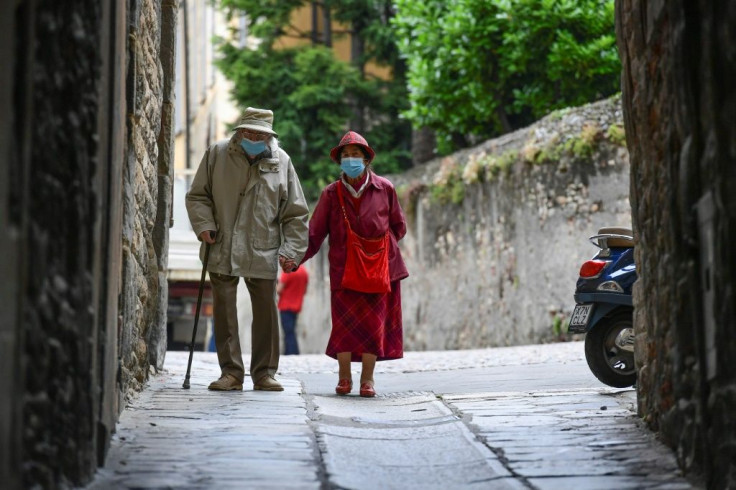How Long Can A Human Live? Scientists Found Answer
KEY POINTS
- Loss of resilience is said to be the "executor of death"
- Curing chronic diseases will increase human lifespan minutely
- Findings may help bridge the rising gap between health and life span
How long can a human live? Researchers have finally put a number to the key problem that has baffled scientists and spiritualists alike. The answer may not be very encouraging to those rooting for immortality.
A technology-enabled study on the correlation between aging and the loss of the ability to recover from stresses identified 150 years to be the upper limit of human longevity.
The study, published on Tuesday in the Nature Communications journal, was conducted by researchers from Roswell Park Comprehensive Cancer Center in Buffalo, NY, and Gero, a Singapore-based biotech company.
They developed an iPhone app called “GeroSense” that continuously monitors day-to-day biological age based on data streamed from mobile and wearable sensors and sampled large data sets on health and fitness from volunteers in the US and the UK.
Human lifespan depends on two data points - biological age and resilience. Scientists studied the effects of stress, lifestyle and chronic diseases on biological age as well as resilience, which determines how quickly a person returns to normal after responding to a stressor. Scientists found that the human body shows "a complete loss" of resilience between 120 and 150 years, , resulting in an inability to recover.
"This work, in my opinion, is a conceptual breakthrough because it determines and separates the roles of fundamental factors in human longevity - the aging, defined as progressive loss of resilience, and age-related diseases, as "executors of death" following the loss of resilience. It explains why even the most effective prevention and treatment of age-related diseases could only improve the average but not the maximal lifespan unless true antiaging therapies have been developed" said Prof. Andrei Gudkov, co-author of the paper.
A reduction in resilience was also observed in individuals not suffering from major chronic diseases. Scientists say that any intervention that does not affect the decline in resilience may only lead to a small increase in human longevity.
"The research will help to understand the limits of longevity and future anti-aging interventions. What's even more important, the study may help to bridge the rising gap between the health- and life-span, which continues to widen in most developing countries." Said Brian Kennedy, Distinguished Professor of Biochemistry and Physiology at National University Singapore in a press release.
Jeanne Calment, who died at the age of 122 years in 1997, holds the official record of being the oldest human.

© Copyright IBTimes 2024. All rights reserved.




















